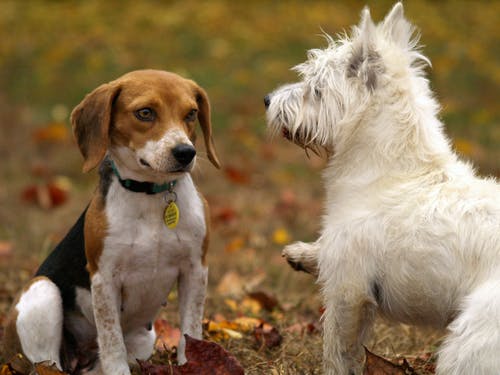After surgery, your pet dog will need time to recover. It is a special time to look after your dogs. The longer it takes for your dog to heal, the more there is a risk for infection.
The vet offers post-op care guidelines that must be thoroughly followed. It includes providing special attention to what your dog eats. Understanding how to care for your pet will get it back to its feet in no time.
What to Expect After Surgery
Regardless of what type of surgery, dogs will be sedated. You may click this link if you need more info. Anesthesia may wear off hours after, or sometimes, it may take a few days. Healing time varies from dog to dog. Nevertheless, this may be a time of confusion for the dog. Add to it the pain and discomfort from the wounds. Dogs might be shaky, drowsy, aching, and lacking the urge for food.
Feeding After Surgery
A dog’s stomach might be a little queasy after an operation. So, offering a small healthy meal and fresh water is better when it is time to eat. A bland home-cooked meal is ideal. Don’t fret if the dog doesn’t eat. It typically takes 24 hours for a dog to regain its cravings.
If appetite doesn’t come back after 48 hours, or if there is vomiting or diarrhea, you need to contact an emergency pet hospital immediately. It can be an indication of infection or pain.
Recovery Diet Plan Recommendations
The dog can then be given the ideal recovery diet, which must be nutrition-packed. Since the dog tends to eat less, protein is needed to protect muscle mass. Foods high in energy promote healing and support metabolism. Fats are likewise required as recuperating dogs will be insulin resistant, and fats repair and rebuild tissues.
Likewise, the food must be attractive and tasty to encourage the dog to eat. Such post-op foods, according to a respectable Brooklyn vet, can be the following:
- Boiled ground turkey and shredded chicken, bones removed
- Boiled eggs
- Rice
After the critical period, you can begin including more on their menu. Food that supports health and promotes healing are:
- Small fish like sardines and anchovies and other seafood are rich in Omega-3.
- Bone broth enhances food digestion, cleanses the liver, eases pain, and so on.
- Kelp is rich in iodine, selenium, zinc, and magnesium and can strengthen immunity, digestion, and thyroid function.
- Yogurt for probiotics for those still taking antibiotics. It likewise detoxes and heals the bowel and chelates heavy metals.
- Organ meats contain minerals and multivitamins and can also support blood building.
Helpful Tips to Get Your Dog Eating
Some dogs may find it challenging to eat in discomfort. Or, perhaps your dog is ready for food but is acting like a big baby. If that is the case, you can motivate your pet to eat with these tips.
Heat the Food
A little warm water to soften kibbles would help a dog without energy eat. Home-cooked meals smell pretty good and are enticing when served warm.
Give Meat
If your dog snobs kibble, it’s time to offer some boiled meat or eggs. The smell of protein can do marvels for a carnivore’s appetite.
Baby Food
Possibly the starving dog is still lacking energy or still feels nauseous. You can offer it store-bought baby food or blend your mix with carbs, meat, and veggies. No chewing is required.
Hand-Feeding
Get down on the floor and speak gently, and hand-feed your pet. A little tender loving care will be effective, particularly if the dog has to use the cone of shame.








